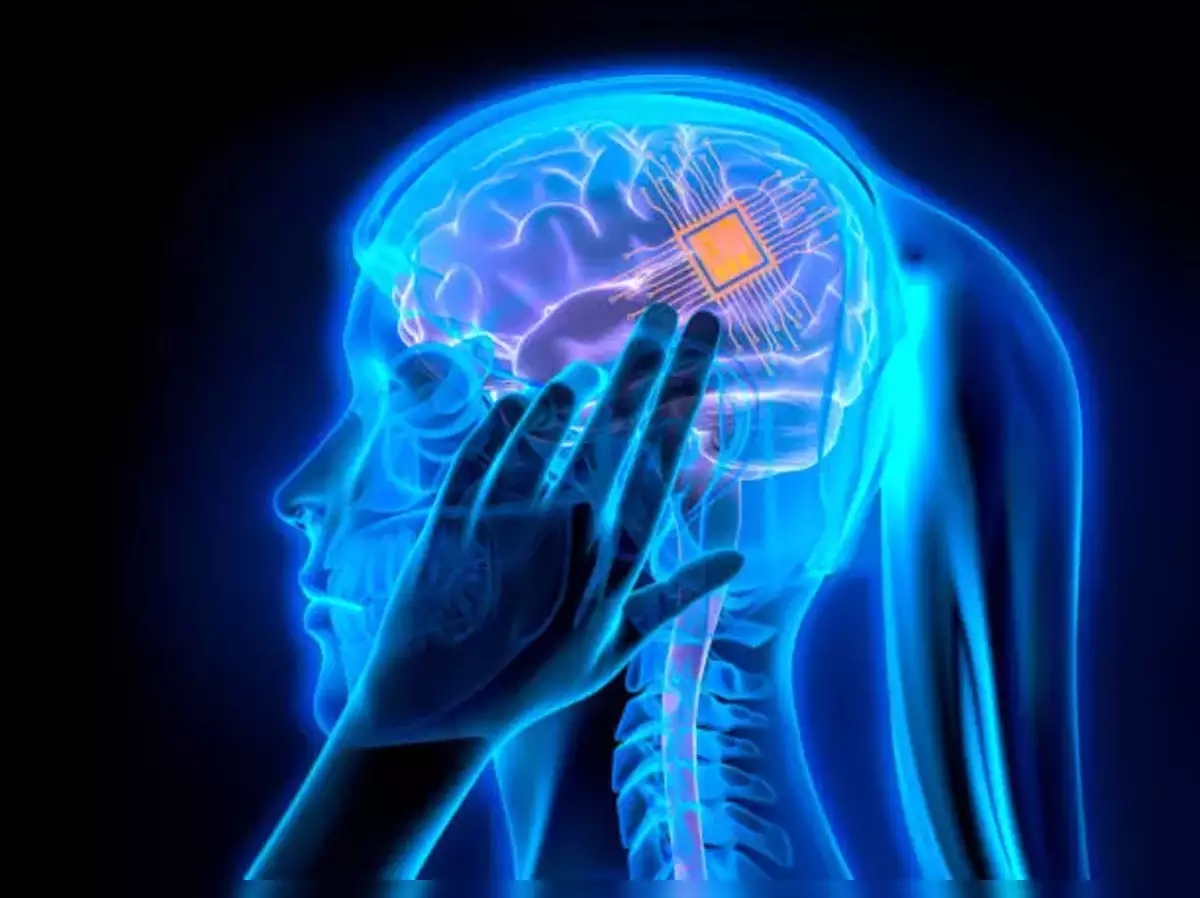Tech billionaire Elon Musk announced that Neuralink, his neurotechnology company, has successfully implanted a wireless brain chip in a human.
In a groundbreaking development, tech billionaire Elon Musk announced that Neuralink, his neurotechnology company, has successfully implanted a wireless brain chip in a human.
Musk, known for his ventures such as Tesla and SpaceX, shared the news on X (formerly Twitter), stating that “promising” brain activity had been detected after the procedure, and the patient was “recovering well.” The achievement marks a significant milestone in Neuralink’s mission to connect human brains to computers to address complex neurological conditions.
While Musk’s claim has yet to be independently verified, it has generated considerable interest in the field of brain-computer interfaces (BCIs).
Professor Anne Vanhoestenberghe of King’s College London noted that Neuralink joins a relatively small group of companies that have successfully implanted such devices in humans, emphasizing the importance of this achievement for the BCI community. However, she also urged caution, emphasizing that true success could only be evaluated over the long term.
Several companies, including the École Polytechnique Fédérale in Lausanne (EPFL), have made strides in the development of BCIs. EPFL successfully enabled a paralyzed individual to walk by implanting electronic devices on the brain and spine, allowing wireless communication of thoughts to the individual’s legs and feet. These advancements highlight the potential of BCIs in addressing mobility issues and other neurological disorders.
Neuralink has faced scrutiny in the past, with reports in December 2022 suggesting the company engaged in testing that resulted in the deaths of approximately 1,500 animals. The US Department of Agriculture, responsible for investigating animal welfare concerns, stated in July 2023 that it found no violations of animal research rules at Neuralink. However, a separate ongoing investigation is still underway.
The FDA granted Neuralink permission to test its brain chip on humans in May 2023, kickstarting a six-year study. During this study, a robot is used to surgically place 64 flexible threads, thinner than a human hair, onto a specific part of the brain controlling “movement intention.”
Neuralink claims that these threads enable the experimental implant, powered by a wirelessly rechargeable battery, to record and transmit brain signals to an app, decoding the person’s intended movements.
Neuralink’s first product, according to Musk, will be named “Telepathy.” This product aims to enable users to control their phones, computers, and various devices through thought alone. Initial users are expected to be individuals who have lost the use of their limbs, with Musk envisioning a future where individuals like the late Stephen Hawking could communicate at remarkable speeds.
While Musk’s involvement has undoubtedly heightened Neuralink’s profile, other companies in the BCI space have longstanding track records. Blackrock Neurotech, based in Utah, implanted its first brain-computer interface in 2004. Precision Neuroscience, founded by a co-founder of Neuralink, also seeks to assist people with paralysis through a less invasive procedure involving a thin brain surface implant.
The field of BCIs has witnessed promising results from existing devices. Recent studies in the United States utilized implants to monitor brain activity when individuals attempted to speak, offering the potential for decoding and facilitating communication.
In conclusion, Elon Musk’s announcement of a successful human implantation of Neuralink’s wireless brain chip has sparked considerable excitement in the field of neurotechnology. As the industry continues to make strides, the future implications of BCIs, including potential applications in healthcare and communication, remain a subject of great interest and exploration.
